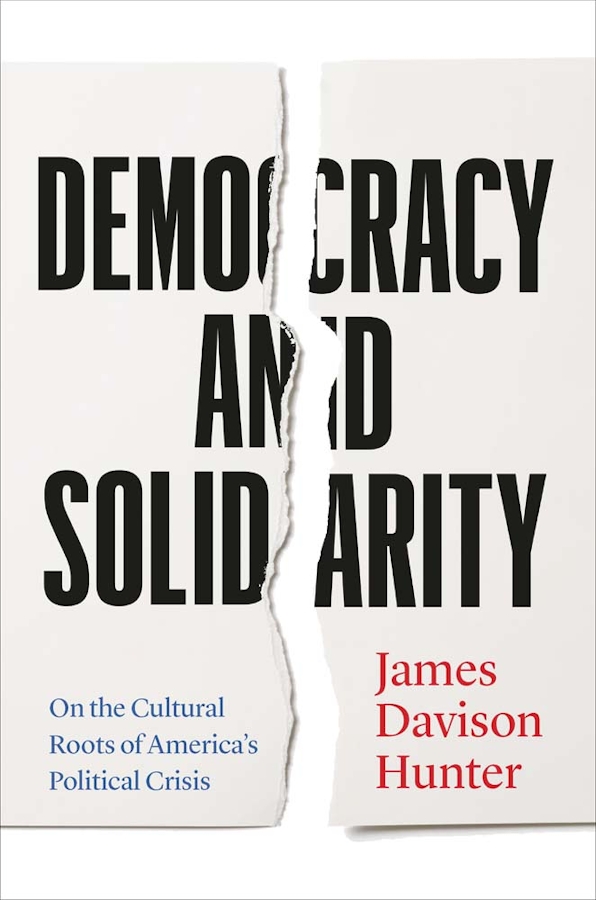The issue is ultimately how we avoid nihilism. If all political conflict is an absolute and irreconcilable clash between comprehensive systems, it can afford to ignore persuasion, negotiation, reasoned defence, manageable compromise. And, as Hunter notes, it is not a problem only on the political right, however much that is currently the most visible site for inflammatory rhetoric; he is able to quote a fair bit of absolutist and morally contemptuous language from “progressives”. JD Vance and Alexandria Ocasio-Cortez, he mordantly observes, have more in common with each other than either does with Franklin Roosevelt – or Jimmy Carter or even the first George Bush, we might add, let alone Abraham Lincoln. To talk of “nihilism” does not mean that individuals are left with no value systems at all. But it is to say that there is no overarching social and ethical vision that offers to hold together the diversity of such systems, so that they threaten to become tribalised in a way that blocks intelligent and non-violent exchange.
When common culture fails, what remains is legislating. The French philosopher Simone Weil observed that most human moral problems arose from trying to solve by will what really required a shift in imagination; the parallel political mistake is the attempt to solve by lawmaking issues that need a shift in culture. And when the legislature itself becomes openly politicised, when indeed “everything is politics”, the idea of the rule of law has undergone a dramatic change. Objectively, whatever belief systems are held by differing political agents, we are in the Hobbesian world of sheer contest of power; a world in which the habits of mutual attention and interrogation within a common language are no longer trusted to deliver either practical or ethical wisdom.
Yet in one sense, Hunter notes, there is a common culture of sorts in the US, shared by left and right, one in which “moral rage has become a form of capital”. It is a culture of ressentiment – Nietzsche’s word for the kind of discontent that actively feeds on itself and looks not so much for resolution but for more evidence of its justification. “Ressentiment becomes a perverse ontology,” says Hunter; that is to say, it is a means of making discontent, the sense of injury, basic to what we as human agents are. As he painstakingly explains, the great Civil Rights movements of the 1960s – movements whose major spokesmen like Martin Luther King almost achieved the Herculean task of restoring and transfiguring the American social myth by reviving something like the old fusion of classical and evangelical ethical ideals – played a massive part in the American imagination. But this was not always constructive in its effects. It offered a paradigm of successful moral intervention in political life through foregrounding experiences of unambiguously demeaning and discriminatory treatment, manifestly at odds with the society’s claims about its moral identity. Trimmed down to basics, this was the script that was then deployed for a series of emancipatory battles, especially over sex and gender issues.
